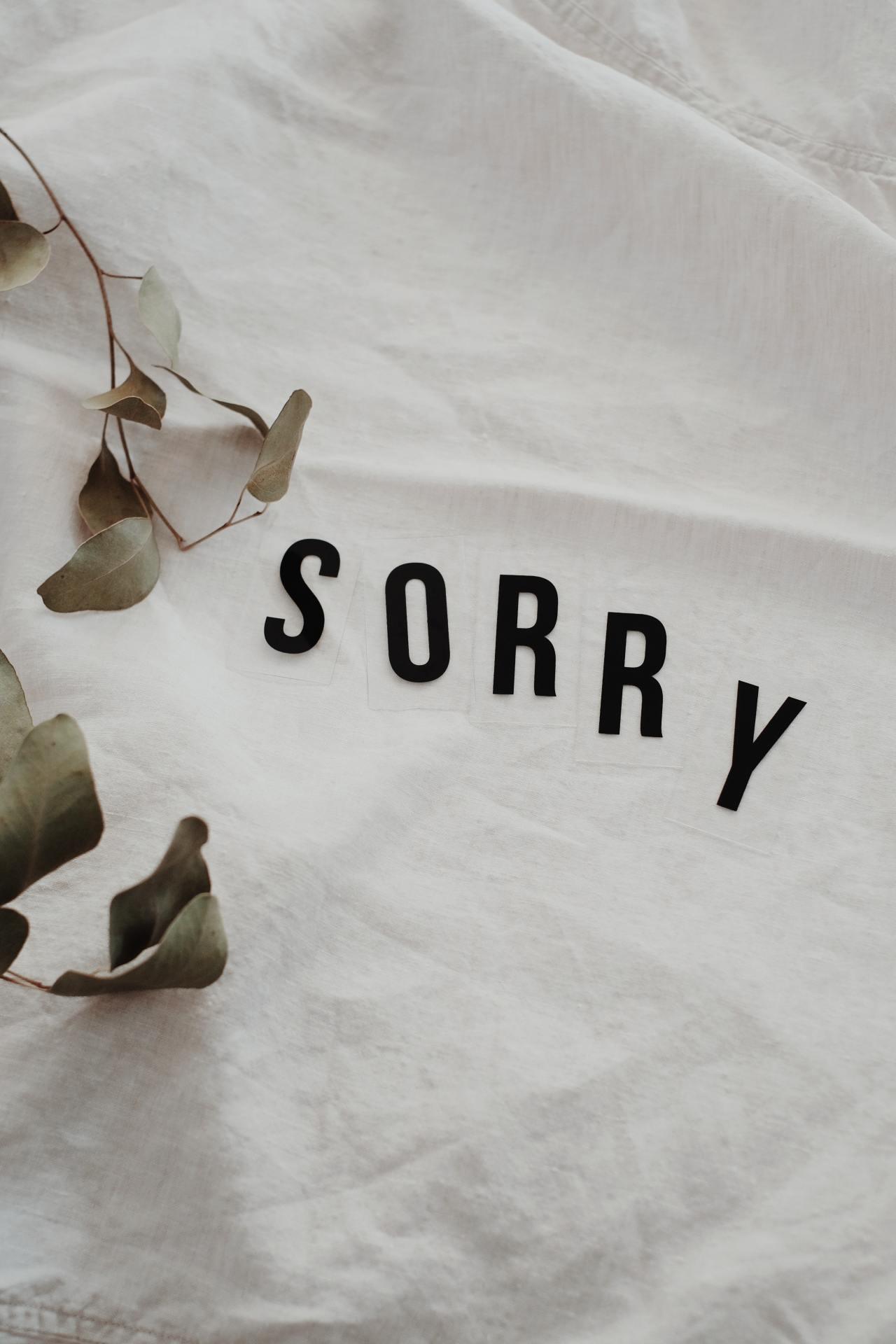
How To Right What’s Wrong In Your Heart
Every religion has its own perception of what is and is not sin. Secularly, sometimes our minds are naturally drawn towards bad experiences that we had a part in creating with our family and friends. In a life where we want to be productive, calm, and positive, making the wrongs we have done right in our hearts is a way to move on, feel better, and heal the world.
First, we must identify the situations that haunt us. Does it feel like anxiety? Guilt? A panic attack? Does it make us feel tense? Upset? Spiritually unwell? Does it feel repressed? Does it keep popping into your mind in quiet moments? Do you think about it before you go to sleep at night? When you visit with a loved one, does it feel like a barrier to exuberance?
Next, think about the situation. Try to unpack it. Who said what? Who did what? Identify the feelings you felt at the time. Did you lose it? Was it premeditated? What was the goal? Think about what happened afterwards. How did you feel? Were you satisfied for even a second before the guilt set in? Question the moment of supposed satisfaction. What was that feeling, really?
Think about how you could have handled the situation differently. Did you have to do anything at all? Could you have avoided saying anything? Would you have flinched, and is there really anything wrong with that, if you hadn’t exploded? Is there anything nice you could have done instead? What about something neutral? Were you misguided? Who misguided you?
Try to make the wrong right by apologizing from a distance. Apologize to people’s spirits. Apologize to yourself for not holding yourself to a higher standard. If you believe in a higher power, apologize to your higher power. Aim to do better next time. Define your mission on planet earth. Tell yourself that you will achieve your mission and do it.
It doesn’t always feel possible to make things right in person, but it’s never impossible. One of my relatives ran into a former campmate at the supermarket, and the campmate apologized to her for bullying her years before. Today we have access to social media, so it is a lot easier to apologize to people from our past. But if they’re not on social media, maybe a great meditation to do would be this supermarket scenario.
My favorite form of apology to give and receive is when people promise to never do it again. It’s nice that I forgive them, but why should they expect me to forgive them again and again? You don’t want to be “dead to people” at a certain point. My next favorite form of apology to give and receive is when we identify what movie we were acting out, maybe with semi-innocent intentions, when we sinned.
